The Ministry of Information and Communications has identified 24 forms of fraud taking place in cyberspace, targeting many different groups of users.
In an announcement on the campaign to prevent online fraud on June 23, the Department of Information Security - Ministry of Information and Communications said that there are three main groups of fraud in Vietnam's cyberspace, including: brand counterfeiting, account hijacking and combined forms.
These groups appear in 24 forms, some of which have flourished recently, such as using deepfake video calls; impersonating police agencies, prosecutors, and courts; fraudulently "locking SIMs" because subscribers have not been standardized; forging money transfer receipts; and selling fake goods on e-commerce platforms.
A user is on the phone. Photo: Luu Quy
According to the Department of Information Security, online fraud is carried out in many different scenarios and is becoming increasingly sophisticated. Of these, workers and office workers are the targets of 19 types of fraud, the elderly are the targets of 15 types; children are the targets of 3 types and students/youth are the targets of 13 types.
"Bad guys use different forms of enticement, with the common goal of gaining trust, stealing information, and then appropriating property," the Department said.
According to the assessment of the Information Security Department, one of the causes of this situation is identified as user awareness. In addition to technical solutions, the Department assesses that popularizing and raising awareness to equip each individual with basic knowledge and skills to ensure information security in cyberspace is a key factor in helping to create a safe Vietnamese cyberspace.
In case of becoming a victim of online fraud, users should stop sending money, block communication, and report to the police, contact the bank to stop all related transactions. Another important action is to warn family and friends about the scam so they can be on guard.
Online fraud increased sharply in the first half of the year
According to the Department of Information Security, in the first 6 months of the year, online fraud in Vietnam increased by 64.78% over the same period last year; increased by 37.82% compared to the last 6 months of 2022.
According to Mr. Vu Ngoc Son, Technology Director of NCS Cyber Security Company, the past six months have seen an outbreak of online fraud, especially groups taking advantage of the mechanism of OTT messaging platforms, as well as new technologies such as AI, deepfake, and using fake broadcasting stations to spread fake messages.
“Many warnings have been issued, but the number of victims continues to increase and shows no signs of slowing down. Damages have been reported in some cases amounting to hundreds of millions of dong, while the methods are becoming more sophisticated and unpredictable,” said Mr. Son.
According to the NCS report, the most prominent of these is the “easy work, high salary” scam. Groups take advantage of OTT communication tools such as Telegram to create groups with a large number of people, not limited to small groups, and not controlled by management agencies in Vietnam. With deepfake technology, impersonating other people's images and sounds, victims are more easily fooled because they can see and hear directly through images and sounds. Not only impersonating relatives and friends, scammers also impersonate police officers, making it difficult for victims to know what is real and what is fake.
In the first 6 months of 2023, the number of cyber attacks on Vietnam's systems was 5,100, down 12% compared to 2022. However, APT attacks on key facilities increased by 9%. The reason is that key facilities always have a lot of important data and great influence, so they are the favorite targets of hackers.
“In addition to raising vigilance, stronger measures are also needed from management agencies such as blocking SIM cards, junk numbers, and junk bank accounts to help quickly eliminate fraud and bring cleanliness to the online environment,” Mr. Son assessed.
24 forms of online fraud in Vietnam, according to the Department of Information Security: 1. “Cheap travel combo” scam. 2. Deepfake, Deepvoice video call scam. 3. “SIM lock” scam because of unstandardized subscribers. 4. Forged successful money transfer receipt. 5. Pretend to be a teacher/medical staff and report that a relative is in emergency. 6. Child model recruitment scam. 7. Tricks of impersonating financial companies and banks. 8. Installing applications, advertising links for gambling, betting, black credit,... 9. Impersonating websites of agencies, businesses (social insurance, banks...) 10. SMS Brandname fraud, spreading fake messages. 11. Fraudulent investment in securities, virtual currency, multi-level marketing. 12. Online recruitment scam. 13. Stealing social media accounts, sending scam messages. 14. Impersonating the police, prosecutor's office, or court to make fraudulent phone calls. 15. Selling counterfeit goods on e-commerce platforms. 16. Stealing ID card information to borrow credit. 17. Fraudulent transfer of money to the wrong bank account. 18. Fraudulent service to get money back after being scammed. 19. Telegram OTP theft scam. 20. Scammers spread fake news about lost calls like FlashAI. 21. Facebook recovery service scam. 22. Romance fraud, financial investment enticement, sending parcels, winning prizes. 23. Spread phishing links, seed dirty ads on Facebook. 24. Fraud for lottery numbers. |
According to VNE
Source


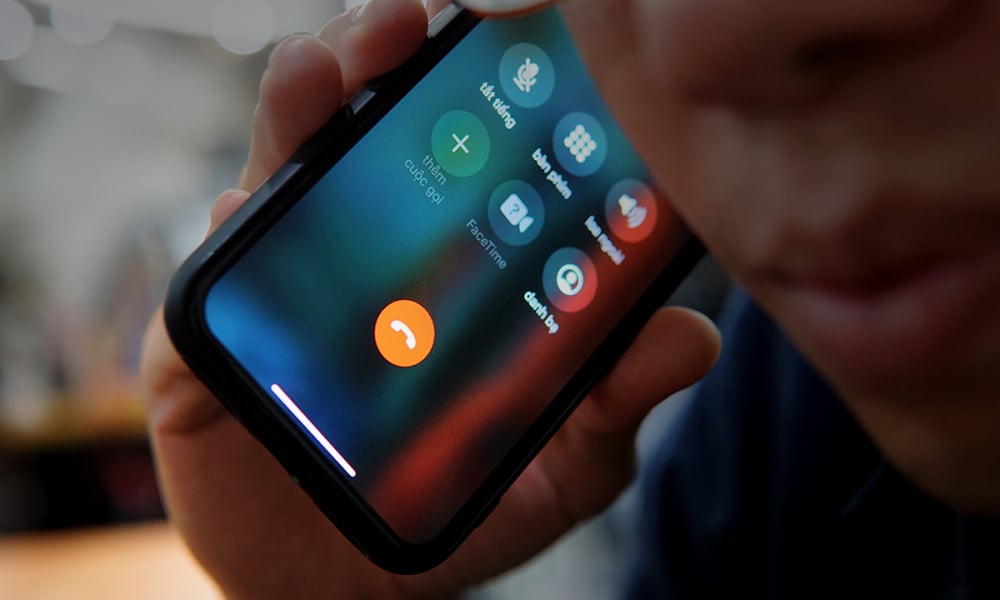
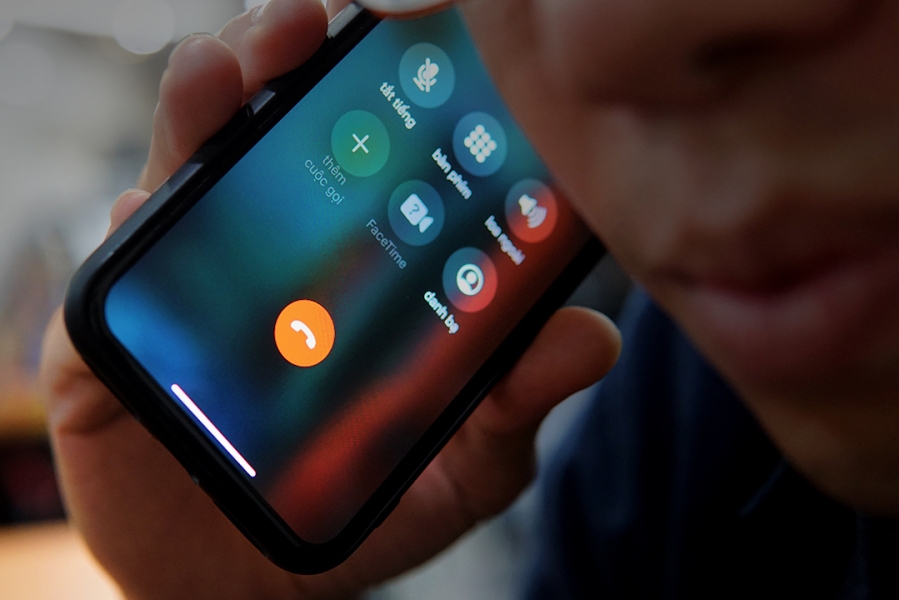











































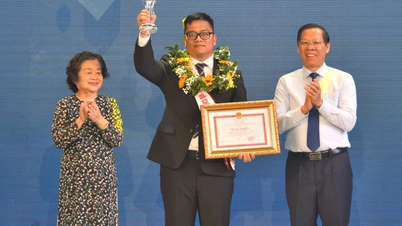





























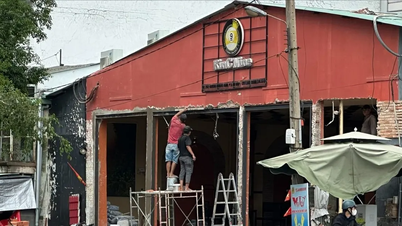







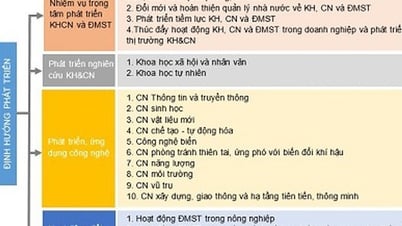

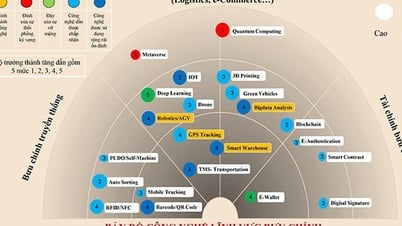
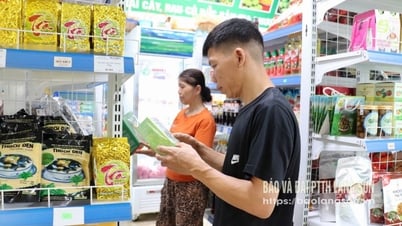






Comment (0)